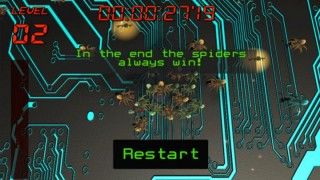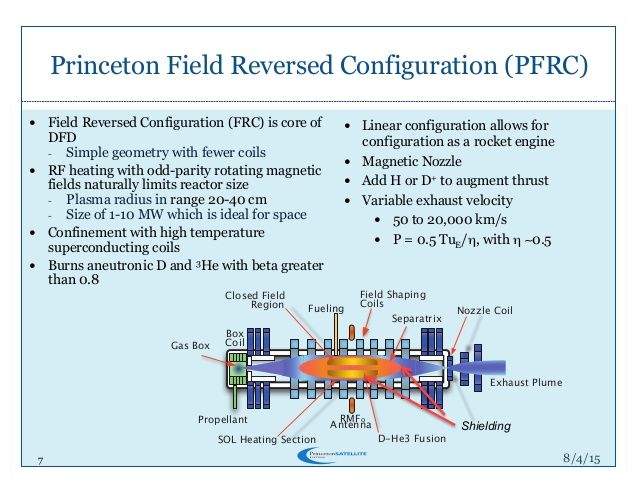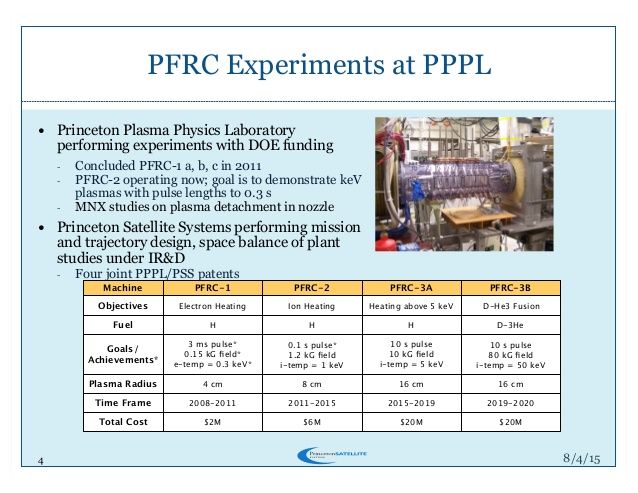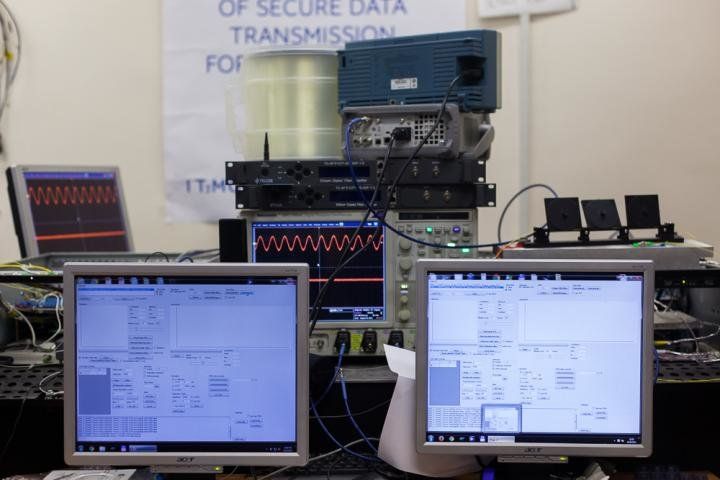Apr 25, 2016
AI Helps Scientists Develop Anti-Poaching System
Posted by Karen Hurst in categories: computing, information science, mathematics, robotics/AI, security
A team of computer scientists from the University of Southern California (USC) have been successful in developing a new method to alleviate wildlife poaching. The National Science Foundation (NSF) funded the project that has created a model for ‘green security games’.
This model is based on game theory to safeguard wildlife from poachers. Game theory involves predicting the actions of enemy using mathematical equations and subsequently formulating the best possible restrain moves. This model will enable more efficient patrolling of parks and wildlife by park rangers.
An artificial intelligence (AI) application, known as Protection Assistant for Wildlife Sanctuary (PAWS) was developed by Fei Fang, a Ph.D. candidate in the computer science department at USC and Milind Tambe, a professor of computer science and systems engineering at USC, in 2013. The team has since then spent a couple of years to test the effectiveness of the application in Uganda and Malaysia.
Continue reading “AI Helps Scientists Develop Anti-Poaching System” »


















